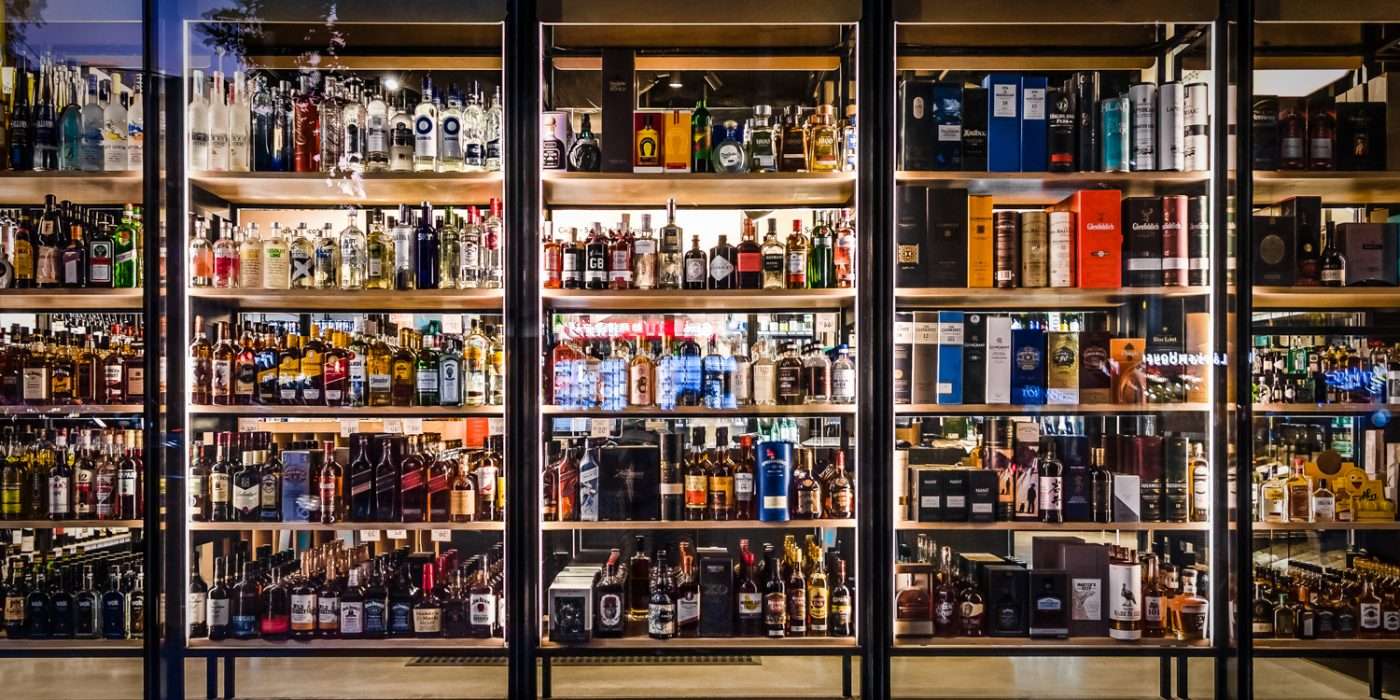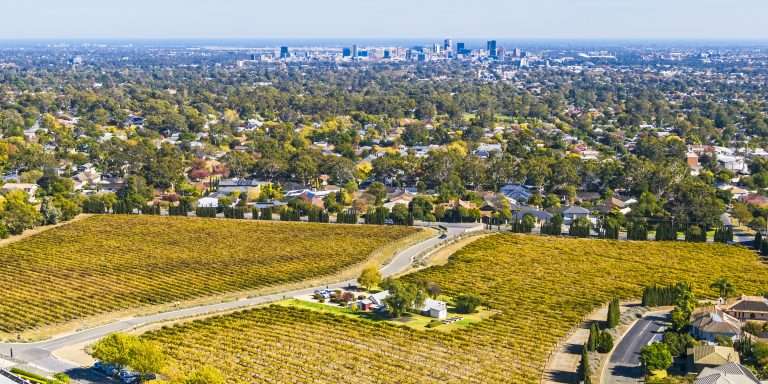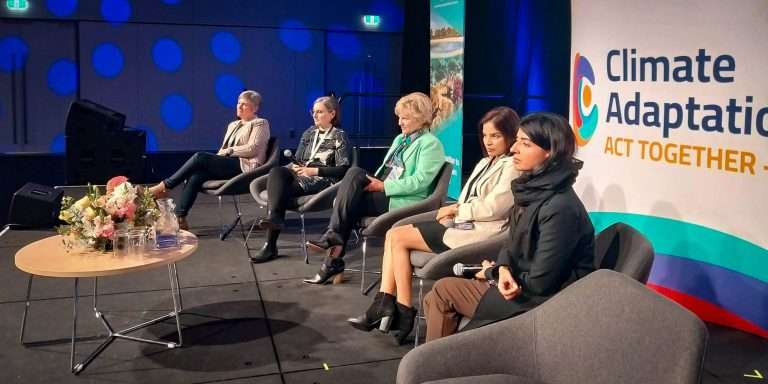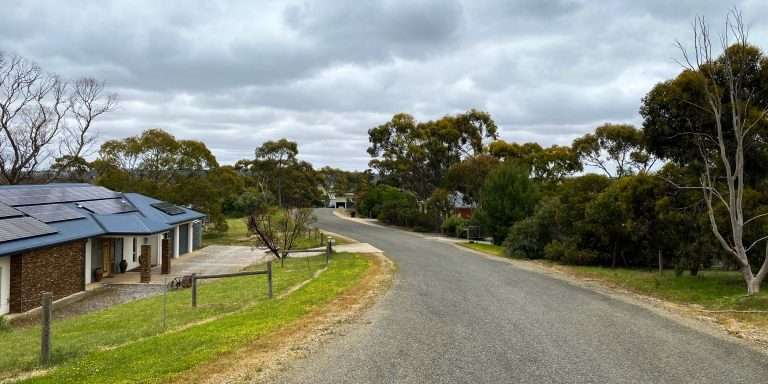Liquor licensing has long existed in South Australia primarily to minimise the harm and potential for harm caused by the excessive or inappropriate consumption of liquor.
The laws relating to liquor licensing have recently changed. The onus is now on applicants to satisfy the liquor licensing authority that the approval of an application is in the community interest. In making this determination, the licensing authority has regard to:
- the harm that might be caused (whether to a community as a whole or a group within a community) due to the excessive or inappropriate consumption of liquor;
- the cultural, recreational, employment or tourism impacts;
- the social impact in, and the impact on the amenity of, the locality of the premises or proposed premises (typically within 2km or 5km depending upon the location of the facility); and
- the nature of the business conducted or to be conducted under the licence.
URPS specialises in preparing Community Impact Analyses that address community interest considerations. This involves detailed examination and analysis of populations and socio-demographics, geospatial features and vulnerable groups within the community.
This work brings together our expertise in demographic and GIS analysis, social research, policy and planning and land use planning.
It will be fascinating to see how the Liquor Licensing Commission views liquor licensing applications in light of the new Community Impact Analyses.
Image: Adam Calaitzis – stock.adobe.com



